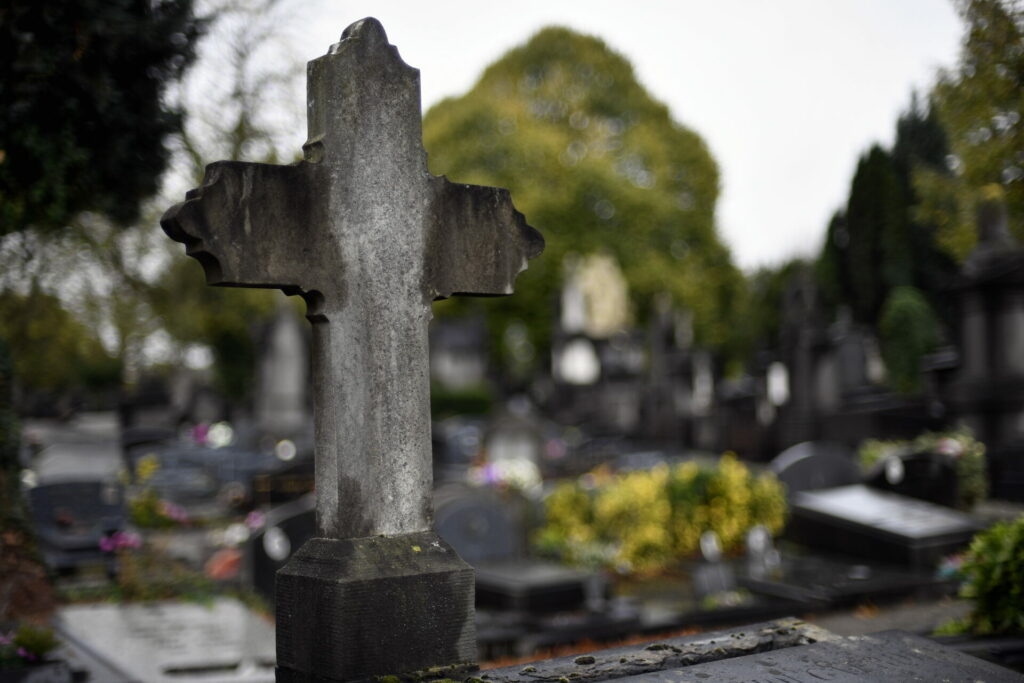Human composting (referred to as 'humusation' in French) is not allowed in Brussels, confirmed Brussels Minister for Local Government Bernard Clerfayt in response to a question from the Home Affairs Committee.
Burial and cremation are the only two methods to dispose of a body currently authorised in Belgium, but some people are campaigning for the legalisation of another practice: human composting (also called 'terramation').
Human composting is a form of funeral practice that involves placing the body above ground level on a bed of shredded material (such as wood chips, straw and leaves) and covering it with an identical material. The remains, except for the bones, are transformed or composted into fertile humus after about a year.
Risk of nitrate and ammonia pollution
Wallonia is interested in this practice as a new form of burial, leading regional authorities to commission a study at the Faculty of Bioengineering at UCL. "The reliability of the process was the prerequisite for any legislative process. The UCL study shows that it is not currently possible to authorise human composting in the Brussels-Capital Region," said Clerfayt in a press release.
He said that the study clearly demonstrates the inefficiency of the process. "Not only do the remains not decompose within the prescribed time but this method could also lead to significant nitrate and ammonia pollution of the soil."
However, Clerfayt acknowledged the demand for greener alternatives to dispose of human remains. "It is with this in mind that an inter-regional working group is studying a number of more environmentally-friendly alternatives to cremation, such as aquamation (in which a body dissolves in a mixture of water and potassium hydroxide)."

